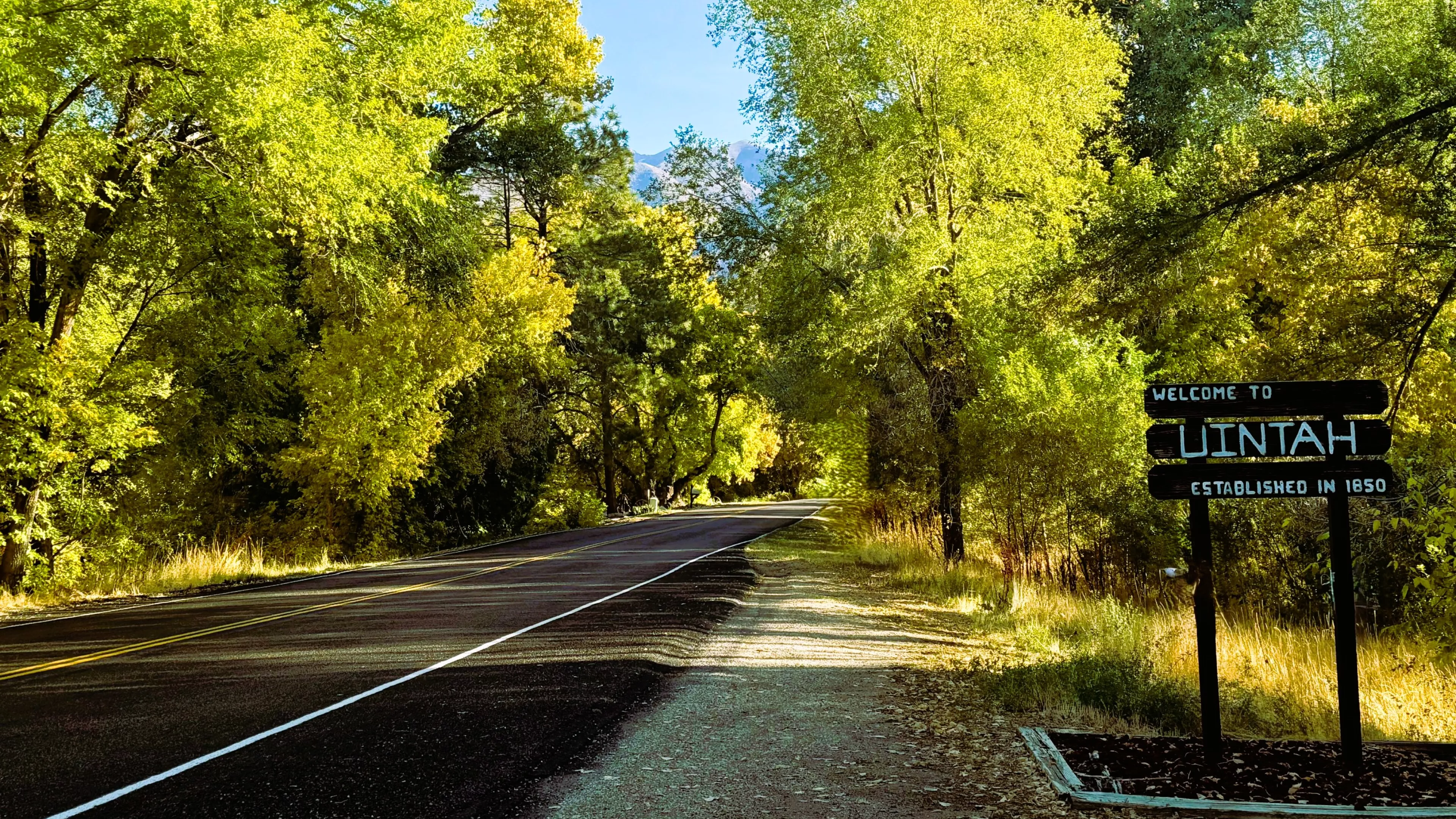
Spirit of Uintah
The Spirit of Uintah Award stands as a tribute to the individuals whose selfless contributions have shaped the spirit and success of Uintah City. Through their unwavering commitment to the betterment of our community, they have exemplified what it means to serve with heart and purpose. Their actions inspire us all to carry forward the legacy of service, building a future grounded in kindness, progress and unity.
Recipient 2025: Golden Kilburn
In the early spring of 1923, with snow covering their ankles and driver’s caps shrouding their heads, 20 young men stood in the shape of the letter U, on a steep hillside next to Weber Canyon.
The letter they were demarcating and would later build had multiple meanings: Uintah, for the town below; Utah, for their state; and also, the United States. But perhaps the most important meaning was "United," which at that moment was how the men’s town had begun to feel, after months of divisiveness and grief.
23-year-old Golden Kilburn. Kilburn became principal of the Uintah School the year before after his predecessor, Marlow Christensen, shot and killed a former student of the school, Lloyd Bybee.
In March 1922, Christensen happened upon Bybee on an isolated road in town. Trial testimony, reported in the Ogden Standard-Examiner, later revealed that Lloyd Bybee, 18 years of age, planned to "whip" the 30-year old principal that night. The court also came to learn that Christensen had been carrying a firearm in anticipation of such a provocation from the man.
Lloyd Bybee’s threatening advances were stopped by Christiansen’s bullet. He died two days later; Christiensen was arrested.
The previous Sunday night, they had drawn Christensen from his house and knocked him down, the Standard-Examiner reported. Lloyd Bybee himself had been at odds with Christensen over some maligning remarks about the boy.
Days after the shooting, Kilburn was hired and given the task to bring order to the school. The 2009 documentary "Uintah United," produced by local filmmaker Isaac Goeckeritz, relates Kilburn’s first day on the job. When faced with spit wads and threats by his class, Kilburn resolutely locked the doors.
"All right, if it’s a fight you want, fine," he exclaimed. "I’ll take you on one at a time, or all at once."
There was only one taker. The "trouncing," as Kilburn’s wife, Maude Kilburn, later related, resulted in a friendship forged between the rowdy boys and the young principal. "There are no bad boys," Kilburn would often say.
"He knew how to befriend the boys and be a role model to them," Pringle said of Kilburn’s efforts to tame the youth, which included teaching them boxing and other sports, and helping them form a Boy Scout Troop.
Despite the good feelings between Kilburn and the boys, relations among families in town still ran raw. Bybee and Pringle explained that the town was divided in half, in support of Christensen or Lloyd Bybee. Christensen was eventually acquitted of first-degree murder, yet townspeople still were not able to settle the resentment they felt towards one another.
Tensions finally burst one night when Kilburn’s boys, now a scout troop, delivered religious sermons at the local The Church of Jesus Christ of Latter-day Saints meetinghouse. Maude’s retelling stated that after the talks, members of the congregation, still divided by the recent tragedy, crossed the aisle and embraced one another.
The healing that began that day has continued ever since. Kilburn and the boys hauled rocks up to the hillside and began constructing their monument. The town followed their lead and pitched in — and they still pitch in to this day. The U is lit every year for U-days representing Uintah United.





